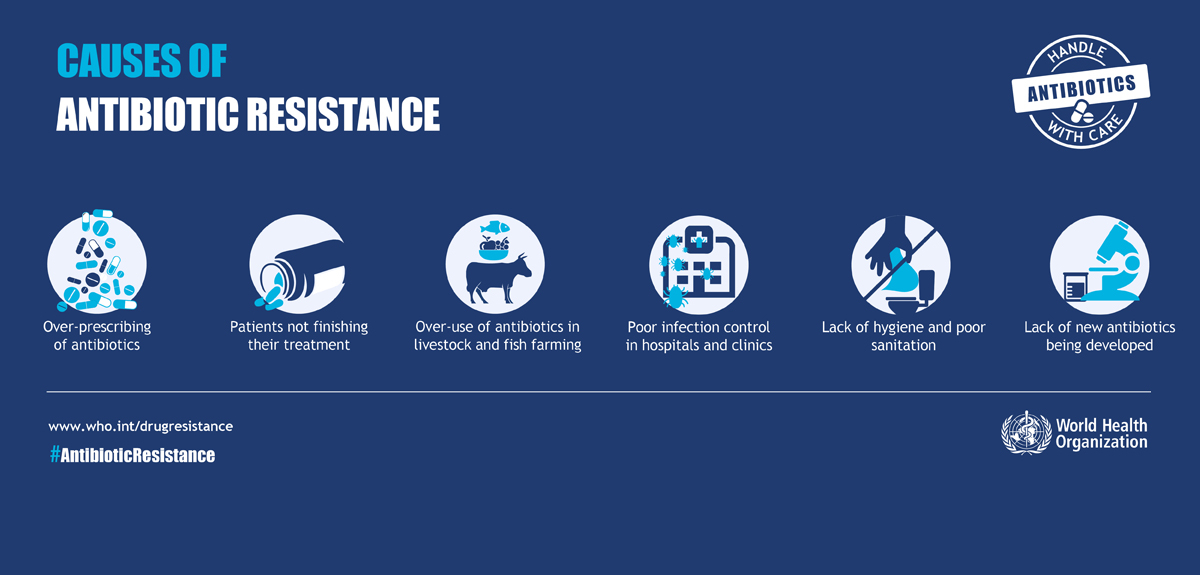As World Antibiotic Awareness Week aims to highlight the growing issue of antibiotic resistance, researchers at the University of Oxford have received funding to look at ways to improve the prescribing of antibiotics. This is part of a larger investment of over £15.8 million into research to tackle into drug resistant infections, by the National Institute for Health Research (NIHR), the research arm of the NHS.
Sixteen studies have been funded as part of a call for more research into drug resistant infections, also known as antimicrobial resistance (AMR). Drug resistant infections present a major threat to the future of healthcare and by 2050 could result in 10 million avoidable deaths every year, from antibiotic resistant infections such as MRSA, sepsis and multi-drug-resistant mycobacterium tuberculosis.
Prescribing errors occur in 7% of hospital prescriptions & 50% of hospital admissions.
The Oxford study is looking at how to improve the prescribing of antibiotics. Prescribing is a complex, challenging task and potentially a high-risk area of clinical practice. For example, prescribing errors occur in 7% of hospital prescriptions and 50% of hospital admissions. Improved stewardship of antibiotic prescribing could be part of the solution to the development of AMR. This study will investigate the many contextual factors that could help explain why some approaches to improve prescribing behaviour are more effective than others are.
Lead researcher Dr Geoff Wong, from University of Oxford commented: 'Doctors in training are an important group to focus on, being numerically the largest group of prescribers in UK hospitals. Our review will explain and describe the steps needed to bring about appropriate antimicrobial prescribing behaviour change in doctors in training.'
The full details of this study can be viewed on the website project page.
Professor Dame Sally C. Davies, Chief Medical Officer and Chief Scientific Adviser at the Department of Health said:
'Antimicrobial resistance is a very serious problem for society causing 5,000 deaths in the UK each year. We will lose this battle unless we get more evidence on how to prevent resistance in bacteria developing. That is why the research that the NIHR has committed to funding is so vital. This will help us stop current everyday health problems becoming fatal.'
